Experience of a First-Generation Graduate
The Many Struggles of a Self-Made Student
by Shane Safir and Jamila Dugan. Corwin Press, Inc., www.Corwin.com
Copyright © 2021 by Shane Safir. All rights reserved. Reprinted from “Street Data: A Next-Generation Model for Equity, Pedagogy, and School Transformation,” by Shane Safir and Jamila Dugan. Corwin Press, Inc., www.Corwin.com
Graduation, the moment you have been waiting for…finally out of school. This moment means the world to you, but most importantly, to your parents. Mom and Dad have worked so hard to get you to this part of your life. For you to continue what they couldn’t pursue at their given time. You have finally accomplished the “American Dream.”
What qualifies a First-Generation Student is when your parents didn’t finish a 4-year college or high school, and although they can come from any background, First Generations are most common in immigrant families. Growing up as a First-Generation, the pressure and expectations of doing well in school are frequent. You are responsible for navigating your own academic success.
San Marcos High School alumni, Cristian Magadan, graduated in 2020 during peak COVID. Completing high school and unsure of his future career, Magadan tried schooling for doctors and is currently an Immunization Coordinator and a Medical Assistant, but there is much more to his story. After living in Mexico for the majority of his life, Magadan came to the United States to live with his sister, and was raised by her.
“Growing up, I always thought that I would never have the chance that I have now, and the amount of help I had most of my life, especially from my sister. She was the one who pushed me to do well in school and who made it a huge part for me, which also played a part in my career choice. She mostly showed me the importance of doing well in school…” Magadan said.
In other words, the different opportunities and his career path wouldn’t have come to him if he didn’t have the help of his sister’s guidance. Although Magadan received guidance, he took part in supporting himself to make sure he was working hard at school to be successful in his career. Furthermore, Magadan faced struggles while trying to balance work, school, and family issues.
“I have a lot of goals as a person, and graduating high school was just one of them being accomplished, but me and my sister both also shared a main goal, which was bringing our parents to the United States. In order for that to happen, I had to be a stabilized person with a good job, willing to take care of my parents, but it was hard. I’m still very young trying to accomplish big things for my family, ” Magadan said.
From another perspective, Chris Pertierra, a Carlsbad High School alumni became a first-generation graduate in 2018. Pertierra is a University of California Irvine graduate, majoring in Psychology. He has decided to continue his path to a year off for on-hand experience in the field to get his Master’s degree.
“Coming from an immigrant family… My parents never graduated high school, so I didn’t really have anyone overseeing what I was doing or able to kind of give me an opinion, at least at home. That’s where I had to take initiative and seek a counselor and I had to go through a couple of counselors to find the one I felt comfortable with and one that could help me with my goals,” Pertierra said.
According to the University of Connecticut, First-Generation students often lack adequate academic guidance and emotional mentoring. Since both of these factors are essential in academic success, First-Generation students are likely to try to navigate education on their own or find support on campus through faculty and staff. These students are responsible for having to oversee themselves and take initiative for their own education.
The different struggles of a student who isn’t provided or helped with the right resources can be varied, but ultimately, the struggle is worth the outcome of not only making your parents proud but also yourself. “I have some advice for students who are graduating this year but don’t be afraid to ask for help and if you have the resources, use them. The biggest help that really brought me where I am now, was using my resources,” said Chris Pertierra.
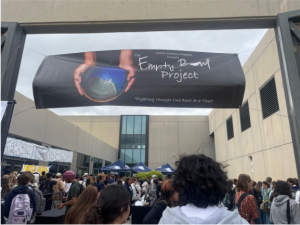

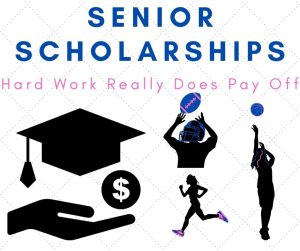
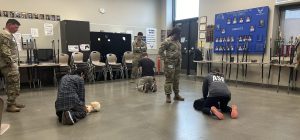
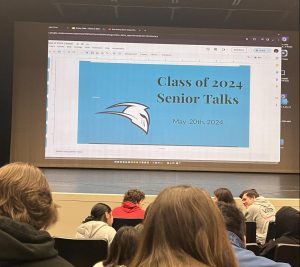



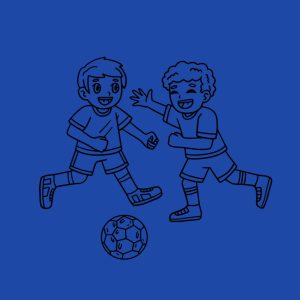
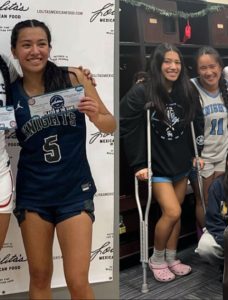





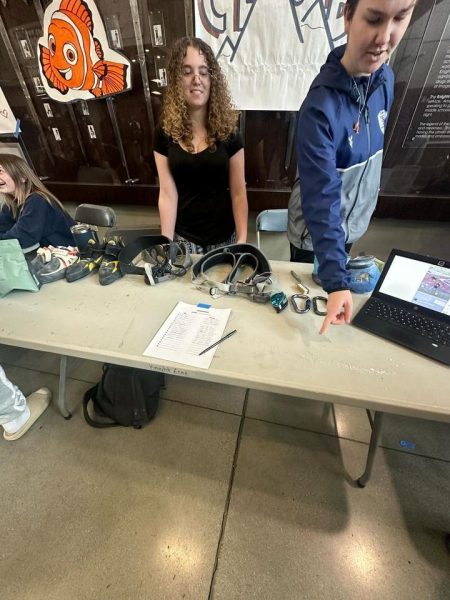
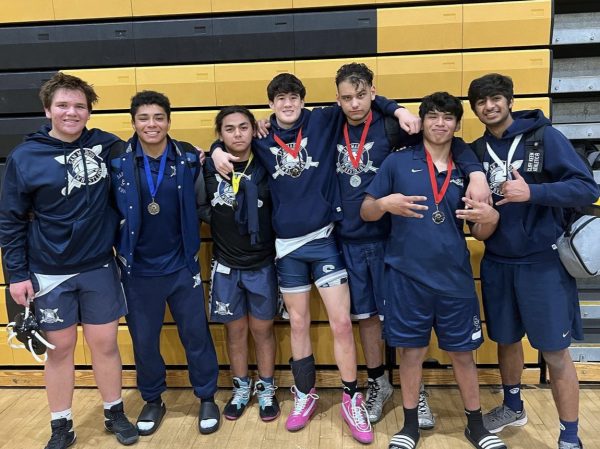

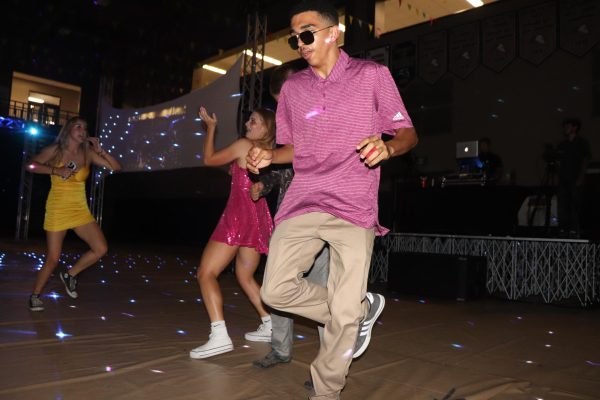
Noelle Doblado • Dec 9, 2022 at 1:04 pm
Insightful writing and perspective amazing job!